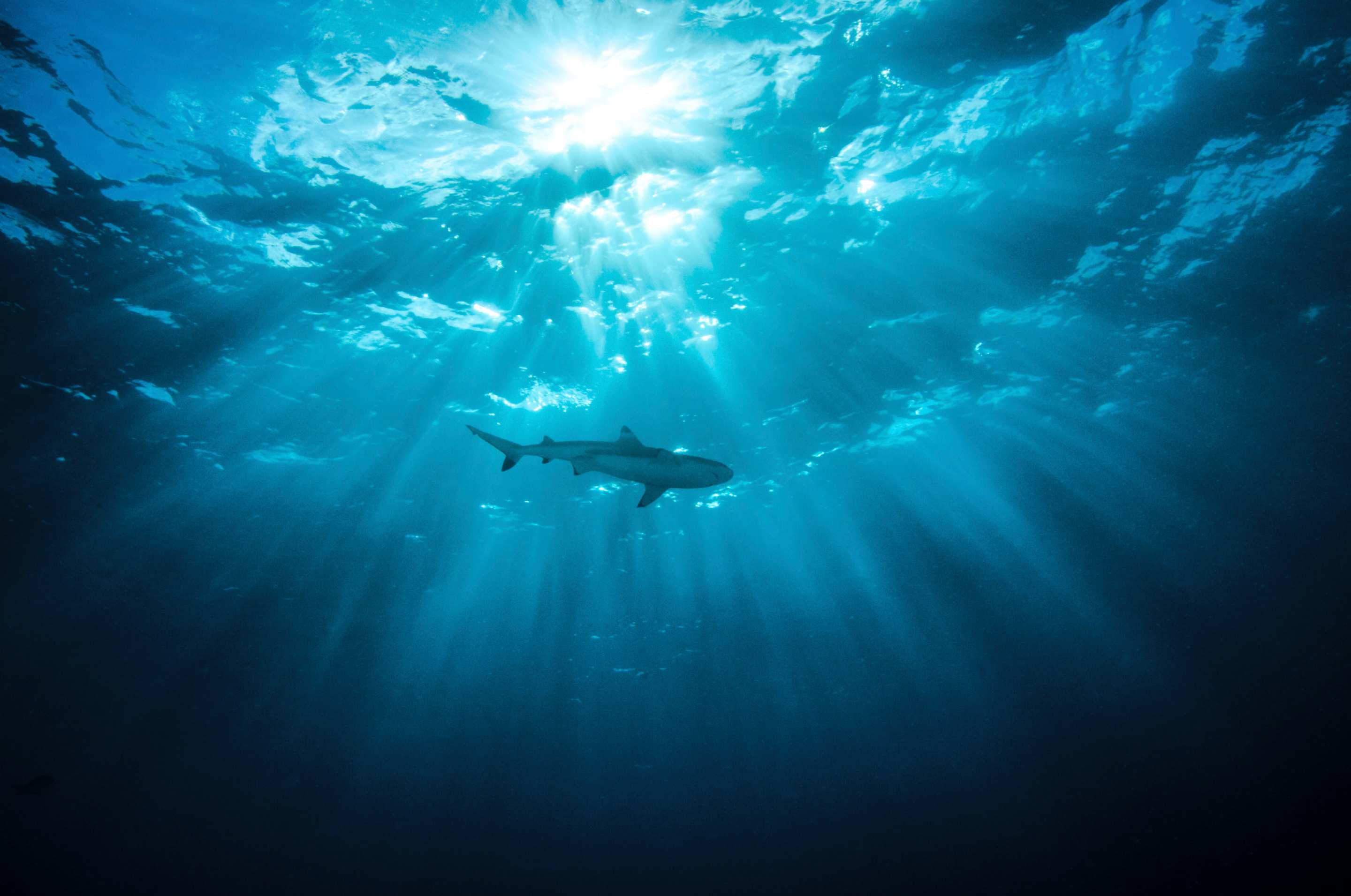Ballina residents oppose killing sharks in response to bites
A new study details attitudes to bites on the eve of the NSW Scientific Shark Summit.

A majority of Ballina residents favour public education, further research and investment in non-lethal technologies in response to shark bites. Image: iStock
More than 80 percent of residents in the NSW North Coast region of Ballina oppose lethal responses to shark bites, new University of Sydney research shows.
“The data shows little public support for measures that kill sharks following shark bite incidents. In fact, a majority of Ballina residents want the government to educate the public about human-shark encounters, invest in non-lethal technology, and back more research into human-shark encounters,” said Dr Christopher Neff, who led the research.
The representative study of 500 residents in the Ballina state electorate included Lennox Head and Byron Bay shires and was conducted between September 21 and 25 with a margin of error of 4.5 percent.
Ballina residents were asked, when shark bites happen how do you think the NSW government should respond? Residents want the government to:
- conduct research to investigate human-shark interactions (33 per cent)
- invest in new non-lethal technologies (23 percent)
- educate the public (22 percent)
- put in shark nets (10 percent)
- leave the shark alone (6 percent)
- hunt the shark (3 percent)
- put in baited drum lines (2 percent).
Some 55 percent of Ballina residents said shark bites are ‘accidental’, with 21 percent describing them as ‘intentional’ and a remaining 24 percent undecided.
The study of marine policy and the primary factors affecting tourism in Ballina was funded with a $20,000 grant from the Save Our Seas Foundation and led by Dr Neff with PhD researcher Thomas Wynter, from the Department of Government and International Relations.
“For three years I have looked across Australia for public sentiment to match the political dialogue that supports lethal nets, culls, hunts, and drum lines but the reality is that these options are now out of touch with the public,” said Dr Neff.
The preliminary results have been released a day before the NSW 2015 Scientific Shark Summit. The summit, to which Dr Neff is an invited expert, will review new non-lethal options for shark bite prevention and result in a recommendation to the Department of Primary Industries about shark-detecting and shark-deterring technologies for trial on selected state beaches.
Dr Neff said the findings are consistent with 2013 research in Cape Town, South Africa, which found public attitudes to sharks were largely positive before and after shark bites in two beachside suburbs.